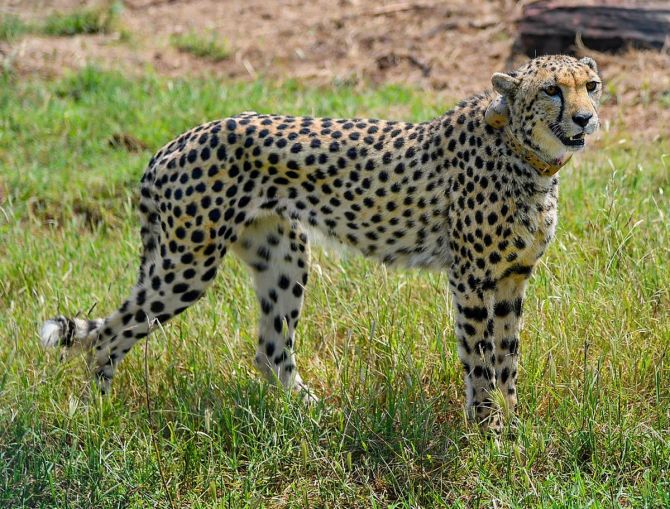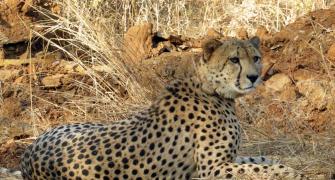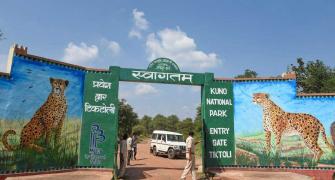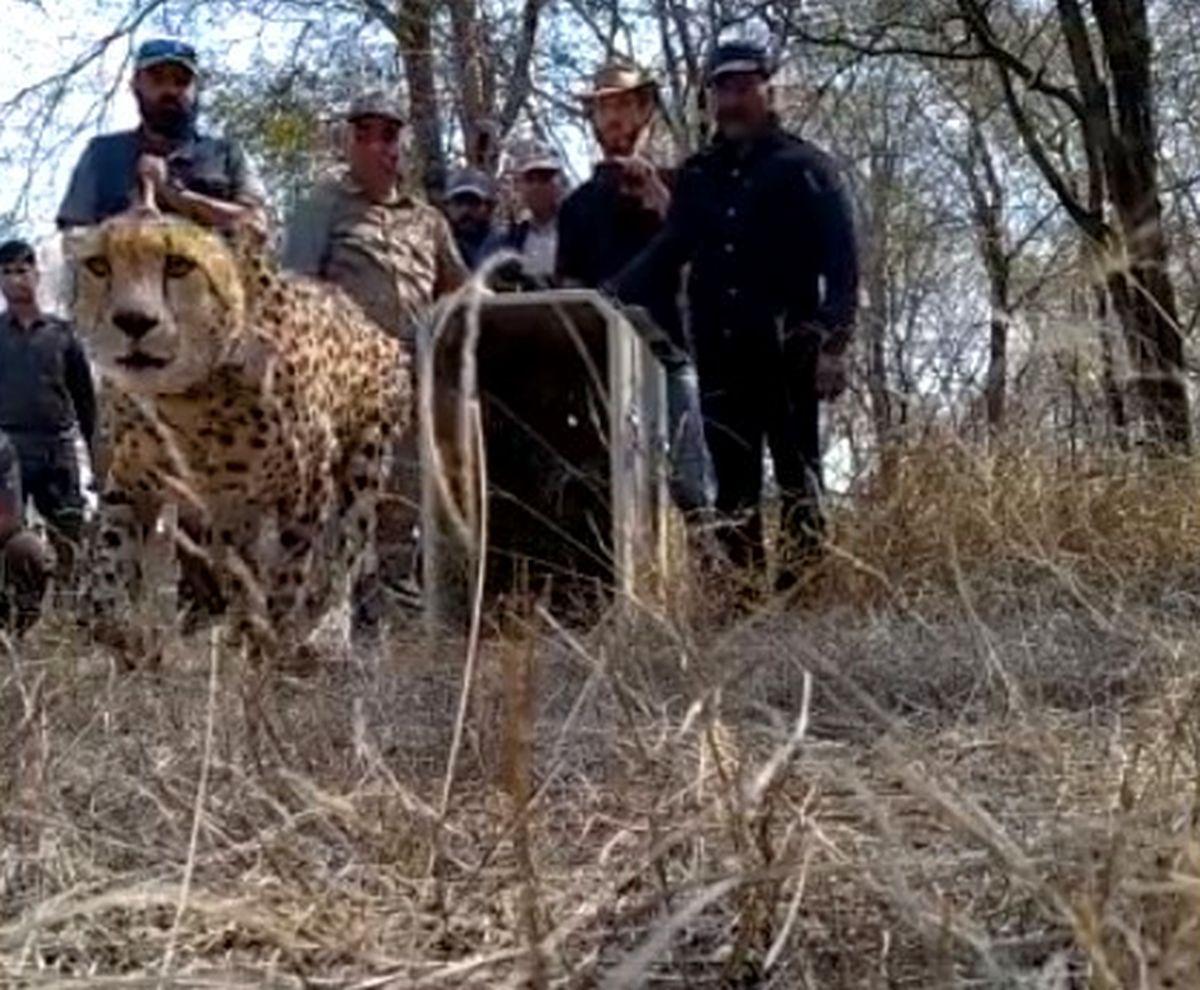India has expedited efforts to bring a new batch of 12-14 cheetahs by the end of the year, with a delegation set to visit South Africa soon for ground-to-ground negotiations, officials said on Tuesday.

PTI has learned that negotiations are also ongoing with Kenya, and a memorandum of understanding is being finalized.
"We are actively engaging with South Africa on the matter. A delegation will visit the country in late September or early October to hold ground-to-ground negotiations. The next batch of cheetahs could come from either of these two countries," the official said.
The 'Action Plan for Reintroduction of Cheetah in India' talks about bringing around 12-14 cheetahs each year from South Africa, Namibia, and other African countries for five years to establish a founder stock.
"We have communicated to South Africa that we want to expedite efforts to bring another batch of cheetahs by the end of the year as per the recommendation of the Cheetah Project Steering Committee and in accordance with the action plan," the official added.
The next batch of cheetahs will be brought to the Gandhi Sagar Wildlife Sanctuary, selected as the second site for cheetah introduction, as Kuno National Park has already exceeded its cheetah carrying capacity of 20.
PTI has also learned that Kuno, the first home to translocated cheetahs in India, continues to struggle with a high leopard population and a low prey base, which has delayed preparations at Gandhi Sagar.
Summary records from meetings of the Centre's steering committee reveal that prey augmentation and leopard management are among the major challenges facing the initiative since the reintroduction of cheetahs in India in September 2022.
The low prey density is also one of the reasons why cheetahs spent an extended period in enclosures in Kuno after being brought back from the wild in August last year, following the death of three cheetahs due to septicemia.
As an interim solution, authorities have been introducing prey into both Kuno and Gandhi Sagar. The high leopard population in both areas also prompted the initiation of a leopard translocation drive.
Cheetahs have coexisted with leopards and lions in Africa, but some officials in India consider the high leopard population in Kuno and Gandhi Sagar problematic as it would "reduce the prey biomass for cheetahs".
Madhya Pradesh has the highest number of leopards in the country, with 3,907 (up from 3,421 in 2018), according to the government's "Status of Leopards in India" report released earlier this year.
Officials have reported around 24 leopards in the 64 sq km enclosure being prepared for the new batch of cheetahs in Gandhi Sagar. According to sources, 15 leopards have been relocated from there so far.
Sources have told PTI that Gandhi Sagar is "not 100 percent ready" for cheetahs, largely due to the challenges related to the leopard population and prey base.
"We are working on making the fencing leopard-proof. We also need to improve the prey population both inside and outside the enclosure," a source said.
Gandhi Sagar spans 368 sq km and is surrounded by an additional 2,500 sq km area.
According to the "Action Plan for Introduction of Cheetah in Gandhi Sagar", five to eight cheetahs will be released into a 64 sq-km predator-proof fenced area in the first phase, with a focus on breeding.
The long-term goal is to establish a metapopulation of 60-70 cheetahs in the Kuno-Gandhi Sagar landscape.







